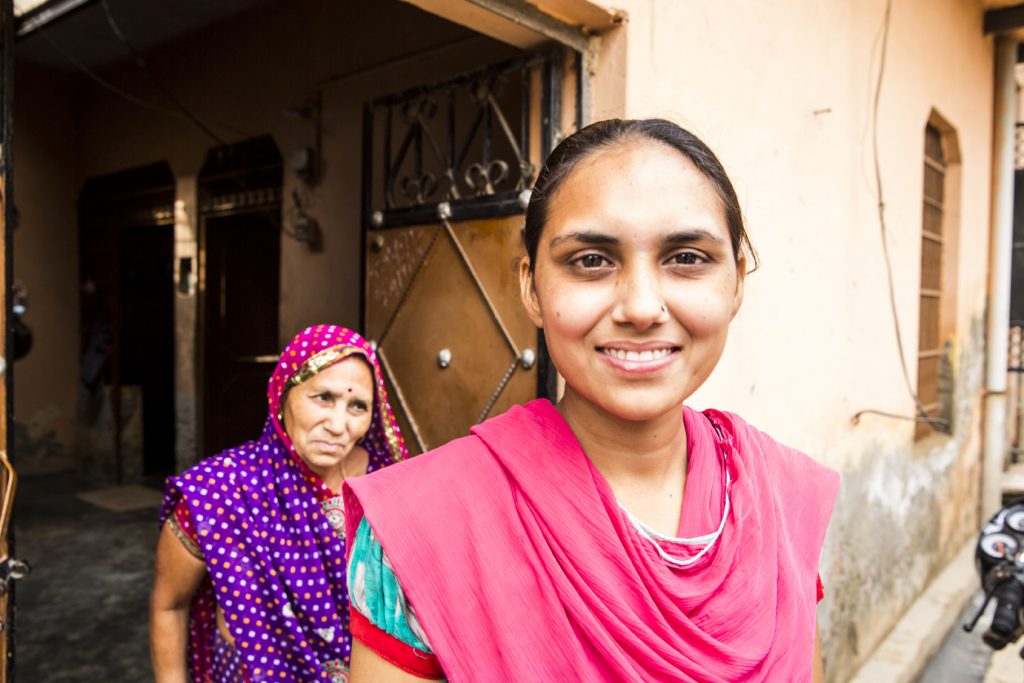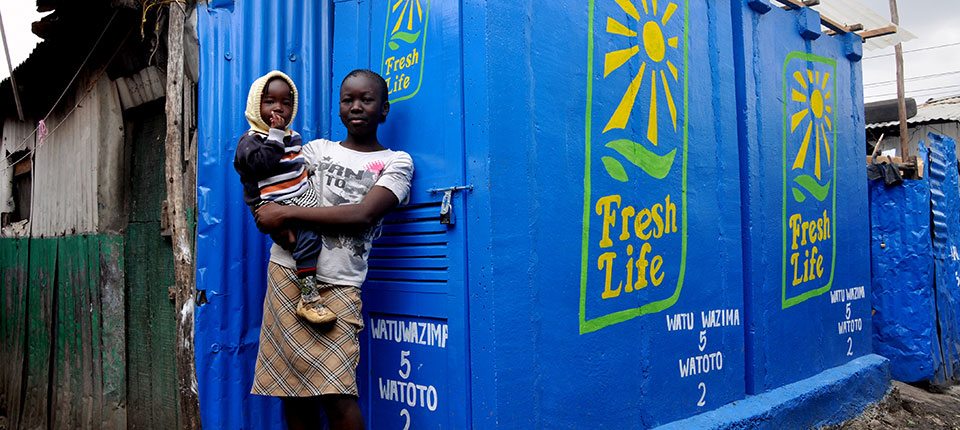Affordable housing presents untapped opportunity for inclusive business
Without decent housing, economies do not function as they should, and people are unlikely to reach their full potential. It provides a safe and secure setting to raise families; a means to access basic services; improves health standards; builds stronger communities; and represents a long-term asset. But around the world, securing safe and affordable housing for low-income and vulnerable populations remains a challenge. Population growth, migration and urbanization are adding pressure on affordable housing delivery systems.
According to the World Bank, 1.2 billionpeople live in substandard housing; by 2030, 3 billion people will need access to new housing and basic infrastructure. UN Habitat estimates that nearly 900 million people currently live in slum conditions, largely in cities in developing countries; where a lack of water, sanitation, basic safety, and high vulnerability to climate disruptions exacerbate the cycle of poverty.
Recognizing this challenge, Sustainable Development Goal 11: Make cities and human settlements inclusive, safe, resilient and sustainable includes a target on providing people with access to decent and affordable housing.
The provision of basic infrastructure to low income populations such as affordable and durable building materials; accessible water and sanitation services; and relevant financial solutions represent an immense opportunity for business. These elements are also vital to making cities of the future inclusive, sustainable and resilient. The Better Business Better World report by the Business and Sustainable Development Commission identifies Affordable Housing as one of 60 sustainable and inclusive market “hotspots”, with the potential to generate at least USD 12 trillion by 2030. The report estimates that nearly 70 million jobs can come from the opportunity in affordable housing.
There are a wide range of inclusive businesses that are tapping into this market and providing innovative solutions to address substandard housing for low-income populations around the globe. At Business Call to Action, we work with a diverse set of companies who have recognized this opportunity, including:
Housing Solutions
Several companies offer a mix of community-assisted financing mechanisms, and alternative material solutions to provide low income populations with access to affordable housing. Cement manufacturer giant CEMEX is well known for its successful Patrimonio Hoy programme, which has reached over 550,000 families offering training and technical assistance to enhance their self-building capacities to construct their own homes. At the core of Mexican’s company ¡Échale! a Tu Casa’s model is the use of the Terrapress technology - which uses compressed earth blocks, on-site production and social mobilization. Pakistan social enterprise Ansaar Management Company (AMC) goes beyond low-cost housing construction to the development of ecologically sound, healthy and productive communities. Its developments are designed to promote community integration and safety.
While many focus on urban housing; Habvita serves Mexico’s rural communities by helping families secure decent and resilient homes. The company finds economies of scale by buying in bulk and building several houses simultaneously. It also assists customers to secure credits and government subsidies.
Through a public private partnership, Philippines-based housing developer Phinma Property Holding Corporation partnered with the Quezon City government to construct the city’s largest socialized housing community in 2012.

Home financing solutions
Access to Basic Services

As shown in our report Breaking Through: Inclusive Business and the Business Call to Action Today, several BCtA companies engaged in affordable housing initiatives have emphasized:
- The importance of a long-term vision and patience in getting the business model right,
- Partnerships with the government and local stakeholders as key enablers of success,
- The critical role of consumer finance in promoting home ownership at the BoP.
The low-cost housing market is still largely untapped. Inclusive business models utilizing alternative building technologies and construction materials, combined with innovations in consumer financing and basic service delivery hold great potential, and present a significant opportunity for the private sector to access new markets while contributing to the SDGs.
[1] http://www.affordablehousinghub.com/blog-series-housing-microfinance-credifamilia, accessed 21 July 2017
This blog is a part of the August 2017 series on Affordable Housing in partnership with Business Call to Action.
Read the full series for more innovative inclusive business models, lessons learnt by practitioners, and the unique challenges of understanding and measuring impact in the housing sector.